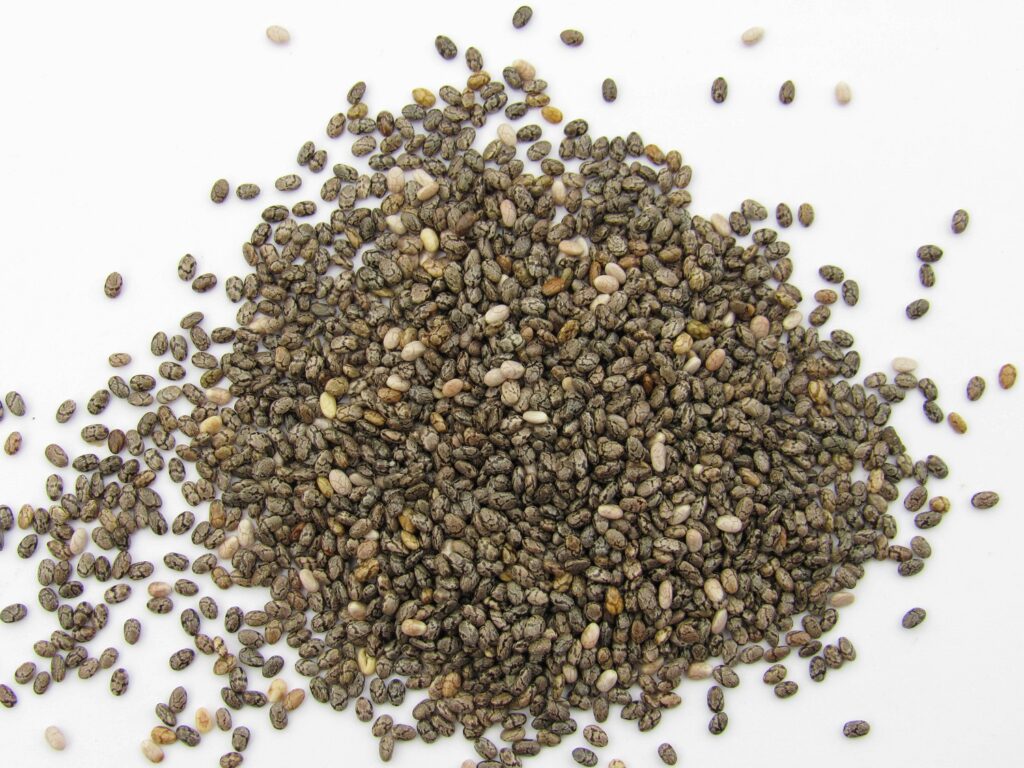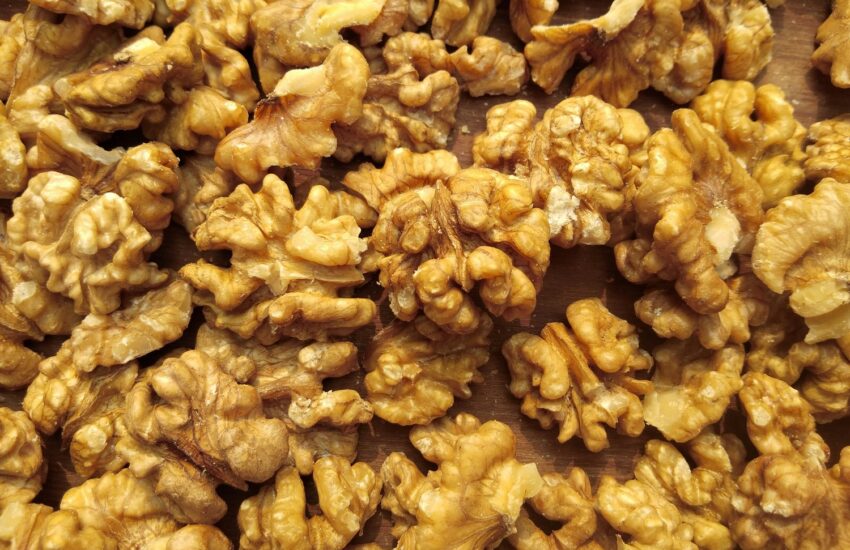Omega-3 fatty acids are essential fats that play a critical role in maintaining various aspects of health, including cardiovascular, cognitive, and joint function. These beneficial fats are predominantly found in marine sources, but several plant-based options also provide substantial amounts. Understanding the diverse range of Omega-3-rich foods and their impacts on health can guide dietary choices to promote overall well-being. Mohit Tandon from Chicago suggested 15 Foods that are rich in Omega -3.
Fatty Fish:
Fatty fish are among the best sources of Omega-3s, particularly EPA (eicosapentaenoic acid) and DHA (docosahexaenoic acid). Salmon, mackerel, sardines, and anchovies are notable for their high Omega-3 content. Regular consumption of these fish can improve cardiovascular health by reducing inflammation and lowering blood pressure. Additionally, the DHA found in these fish supports brain function and visual health. Salmon, for example, is not only rich in Omega-3s but also provides high-quality protein and essential vitamins like Vitamin D and B12.

Chia Seeds:
Chia seeds are a plant-based powerhouse of Alpha-Linolenic Acid (ALA), a type of Omega-3 fatty acid. These tiny seeds are versatile and can be added to smoothies, yogurt, and salads. Chia seeds are also rich in fiber, protein, and antioxidants, which contribute to digestive health and overall metabolic function. The ALA in chia seeds helps to support heart health by lowering cholesterol levels and reducing inflammation. – Mohit Tandon Chicago

Flaxseeds:
Flaxseeds and flaxseed oil are excellent sources of ALA, making them a great option for vegetarians and those seeking plant-based Omega-3s. Ground flaxseeds can be incorporated into a variety of dishes, such as baked goods, cereals, and smoothies. Flaxseed oil, often used in salad dressings or taken as a supplement, provides a concentrated dose of ALA. Consuming flaxseeds can aid in lowering blood pressure, improving cholesterol levels, and promoting healthy skin.
Walnuts:
Walnuts are another plant-based source rich in ALA. They offer a crunchy texture and nutty flavor, making them a valuable addition to salads, snacks, and various recipes. Beyond Omega-3s, walnuts are also a good source of protein, fiber, and antioxidants. Their consumption is linked to improved heart health, reduced inflammation, and enhanced cognitive function due to their rich nutrient profile.
Hemp Seeds:
Hemp seeds provide a balanced ratio of Omega-3 and Omega-6 fatty acids, along with protein and essential minerals. They can be sprinkled on salads, blended into smoothies, or used in baking. The ALA content in hemp seeds supports cardiovascular health and reduces inflammation. Additionally, their protein content makes them a valuable dietary component for those looking to increase their protein intake without animal products.
Algal Oil:
Algal oil, derived from algae, is a notable plant-based source of DHA. It is especially beneficial for vegetarians and vegans who may not consume fish. Algal oil supplements are often used to ensure adequate DHA intake, which is crucial for brain health and eye function. This oil provides a sustainable and vegetarian alternative to fish oil supplements.
Edamame:
Edamame, young soybeans, are a good source of ALA and offer additional health benefits. They are rich in protein, fiber, and essential vitamins like folate and Vitamin K. Edamame can be enjoyed as a snack, added to salads, or incorporated into stir-fries. Their Omega-3 content supports heart health, while their high protein and fiber levels aid in maintaining digestive health. – Mohit Tandon Chicago
Brussels Sprouts:
Brussels sprouts, while not as rich in Omega-3s as other sources, still contribute a modest amount of ALA to the diet. They are also high in fiber, vitamins, and antioxidants. Including Brussels sprouts in your diet can help reduce inflammation, support healthy digestion, and provide essential nutrients that contribute to overall well-being.
Seaweed:
Various types of seaweed, including nori, wakame, and kelp, provide a plant-based source of Omega-3s. Seaweed is particularly rich in EPA and offers a unique nutrient profile that includes iodine and antioxidants. It can be used in soups, salads, and sushi. Seaweed consumption supports heart health, thyroid function, and provides a range of essential minerals.
Canola Oil:
Canola oil, derived from the seeds of the canola plant, contains a moderate amount of ALA. It is commonly used in cooking and baking due to its mild flavor and high smoke point. Incorporating canola oil into your diet can help increase your ALA intake, which supports cardiovascular health and reduces inflammation.
Purslane:
Purslane, a leafy green vegetable, is a lesser-known source of ALA. It is often found in salads or used as a garnish. Purslane is also high in antioxidants, vitamins, and minerals. Its Omega-3 content, combined with its other nutrients, makes it a valuable addition to a balanced diet.
Bran Flakes:
Bran flakes, particularly those fortified with flaxseed or chia seeds, can provide an additional source of ALA. They are a convenient option for breakfast and offer a good balance of fiber and nutrients. Choosing bran flakes with added Omega-3-rich ingredients can help boost daily ALA intake.
Spinach:
Spinach contains small amounts of ALA and provides a host of other health benefits. It is rich in vitamins A, C, and K, as well as iron and calcium. Including spinach in your diet can support overall health, and while its Omega-3 content is modest, it contributes to a balanced nutrient profile.
Beet Greens:
Beet greens, the leafy tops of beets, are another plant-based source of ALA. They are rich in vitamins, minerals, and antioxidants. Beet greens can be sautéed, added to soups, or used in salads. Their Omega-3 content supports heart health, while their nutrient density contributes to overall well-being.
Soybeans:
Soybeans, whether consumed as edamame, tofu, or soy milk, offer a plant-based source of ALA. They are also rich in protein and contain a range of essential nutrients. Including soybeans in your diet can help support cardiovascular health, provide protein, and contribute to balanced nutrition.
Incorporating these Omega-3-rich foods into your diet can significantly benefit your health. Each food offers a unique set of nutrients and health benefits, from supporting heart health and brain function to reducing inflammation and improving overall well-being. By including a variety of these sources in your meals, you can ensure adequate intake of these essential fats, leading to a healthier and more balanced lifestyle.
